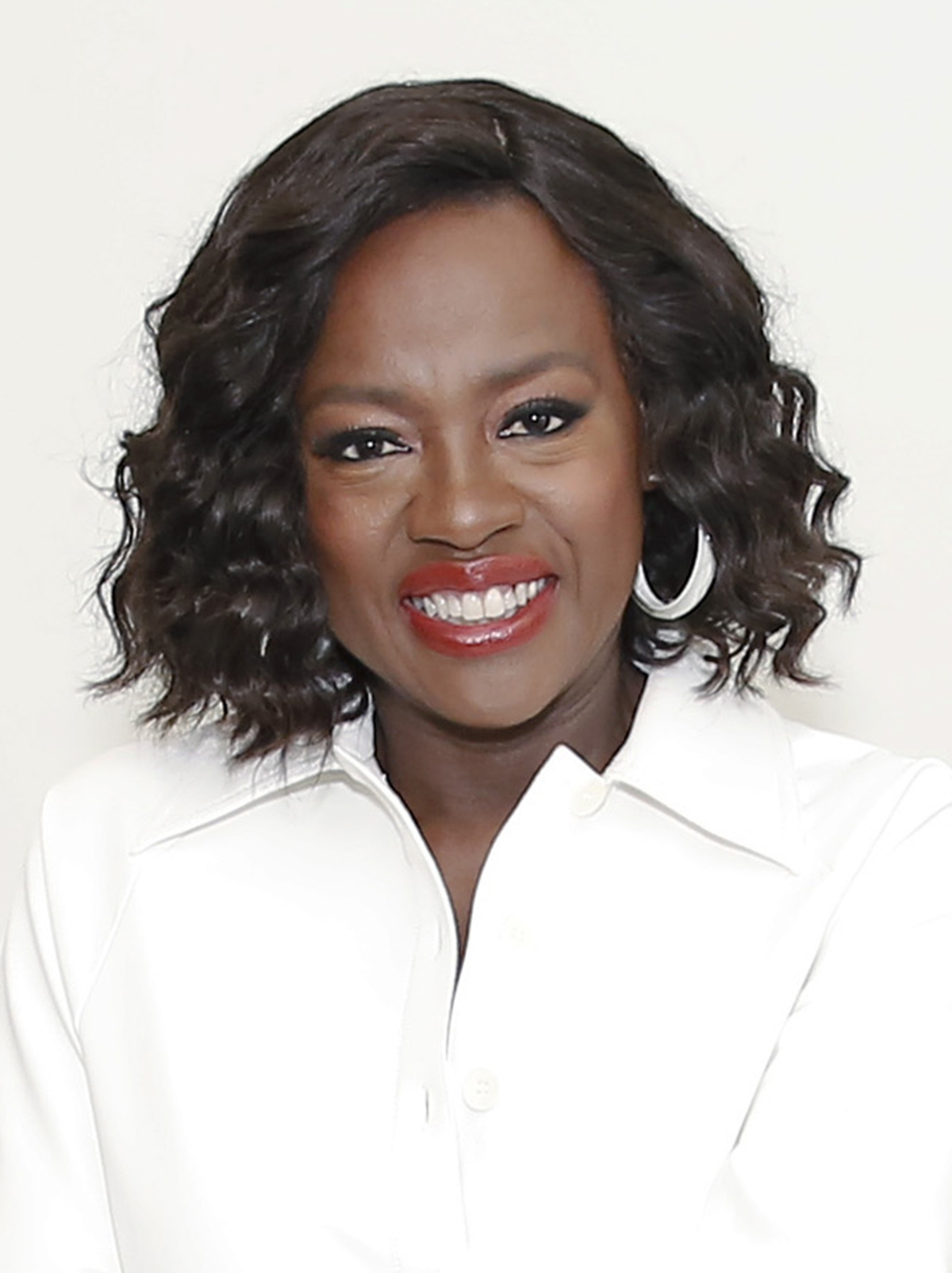
- Golden Globe Awards
Viola Davis on “Ma Rainey’s Black Bottom”
Viola Davis is an established performer with a long list of commanding characters among her many credits, including Annalise Keating in the hit small screen legal thriller How To Get Away With Murder, which last year wrapped its sixth and final season. But it’s still astonishing to behold the boldness and sheer dominating energy she brings to Ma Rainey’s Black Bottom, in a role for which Davis recently received a Golden Globe nomination, her sixth overall, for Best Actress in a Motion Picture – Drama.
Davis stars as Gertrude “Ma” Rainey, a pioneering real-life blues singer whose larger-than-life persona and strongly defined sense of self-worth shines a powerful light on a type of African American female experience infrequently explored on screen. Trading in bawdy lyrics, in a signature low and gravelly voice, that touched upon revenge, boozy partying, and sexual promiscuity, Rainey transgressed notions of buttoned-up, middle-class feminine respectability of her era, and yet these days remains largely lost to time.
Davis’s performance, embodying Rainey’s theatricality, resoluteness, and at times downright intimidating mien, aims to rectify that wrong. “I think that when you leave it up to people watching it if it doesn’t fit your barometer and your understanding of what you’ve been taught of Black people, it could look almost like it’s being overdone,” Davis told the Hollywood Foreign Press Association, before going on to note that all the creative choices both she and the film made, including Rainey’s thickly applied make-up and a mouth full of gold teeth, were firmly rooted in reality.
“I think people are just used to seeing someone like Ma Rainey as big and funny. But I’m into the truth, even if it makes people feel uncomfortable. Truth is stranger than fiction,” Davis continued. “So, I went for it. I have to honor her, that’s who I honor. I don’t honor the comfort of the audience.”
Directed by George C. Wolfe and based on August Wilson’s 1982 play of the same name, the movie presents a fictionalized, conflict-laden account of a 1927 recording session, in which a stubborn Rainey refuses to accede to the setlist wishes of her Caucasian American manager. This puts the bickering and already at-odds members of her backing band, including headstrong trumpeter Levee Green (Chadwick Boseman), in a further difficult situation, before things eventually come to a head at the end of the day.
“The relationship between Blacks and Whites at that time, especially in this environment, was about agreeing to be used. And that was something she just wasn’t up for,” Davis continued. “It was a joy to play someone I felt really reflected the women I grew up with. I really can’t say that enough. So often I just don’t recognize these African Americans that are written on the page, but I recognized (Rainey). And with all my research, she was someone who went to orgies and church, (she) was beating up a 200-pound man in a bar on Saturday and Sunday she was praising the Lord. She was a mass of contradictions, like any human being. But at the center of it is a woman who absolutely stood firm in (knowing) what she was worth.”
The work of legendary playwright Wilson is a major thread in Davis’ life. She made her Broadway debut in 1996 in the original production of his Seven Guitars, alongside Keith David, and in 2001 won her first Tony Award for her work in King Hedley II. In 2010 she was honored with another Tony Award for Fences, in a role she then reprised onscreen opposite co-star Denzel Washington, who would also direct the 2016 film version. Additionally, Davis served as executive producer of Giving Voice, a documentary that chronicles the annual August Wilson monologue competition entered by thousands of high school students. Following its premiere at the 2020 Sundance Film Festival, where it nabbed the Festival Favorite Award, the movie was picked up for distribution by Netflix.
The fifth of six children, Davis grew up in the small town of Central Falls, Rhode Island, the daughter of a horse trainer father and a mother who was a factory worker and homemaker also active in the Civil Rights Movement. Majoring in theater at Rhode Island College, Davis graduated in 1988, and then went on to attend and receive a graduate degree from the prestigious Juilliard School.
Throughout the early 2000s, Davis appeared in numerous movies, including three from Steven SoderberghFar From Heaven and Washington’s directorial debut, Antwone Fisher. Her big breakthrough came in 2008’s Doubt, for which she received her first Golden Globe and Oscar nominations. More prominent projects followed, including Eat Pray Love and The Help.
Married since 2003 to Julius Tennon, Davis in 2011 made the pair’s personal partnership a professional one as well, co-founding JuVee Productions, where she serves as CEO and Tennon serves as President of Development and Production.
In addition to her work as an actress, Davis is very active in many philanthropic endeavors, including work with the nonprofit No Kid Hungry, which she describes as a way of giving back and reconciling the good fortune of her current circumstances with the little girl who grew up in abject poverty and never had enough to eat.
Davis will next be seen later this year reprising her DCEU role as Amanda Waller in James Gunn’s The Suicide Squad, currently scheduled to be released in August, and she has also finished shooting a yet-to-be-titled drama, opposite Sandra Bullock, for Netflix and System Crasher director Nora Fingscheidt. Davis will also be tackling the high-profile role of Michelle Obama in the first season of Showtime’s new planned anthology series First Ladies.